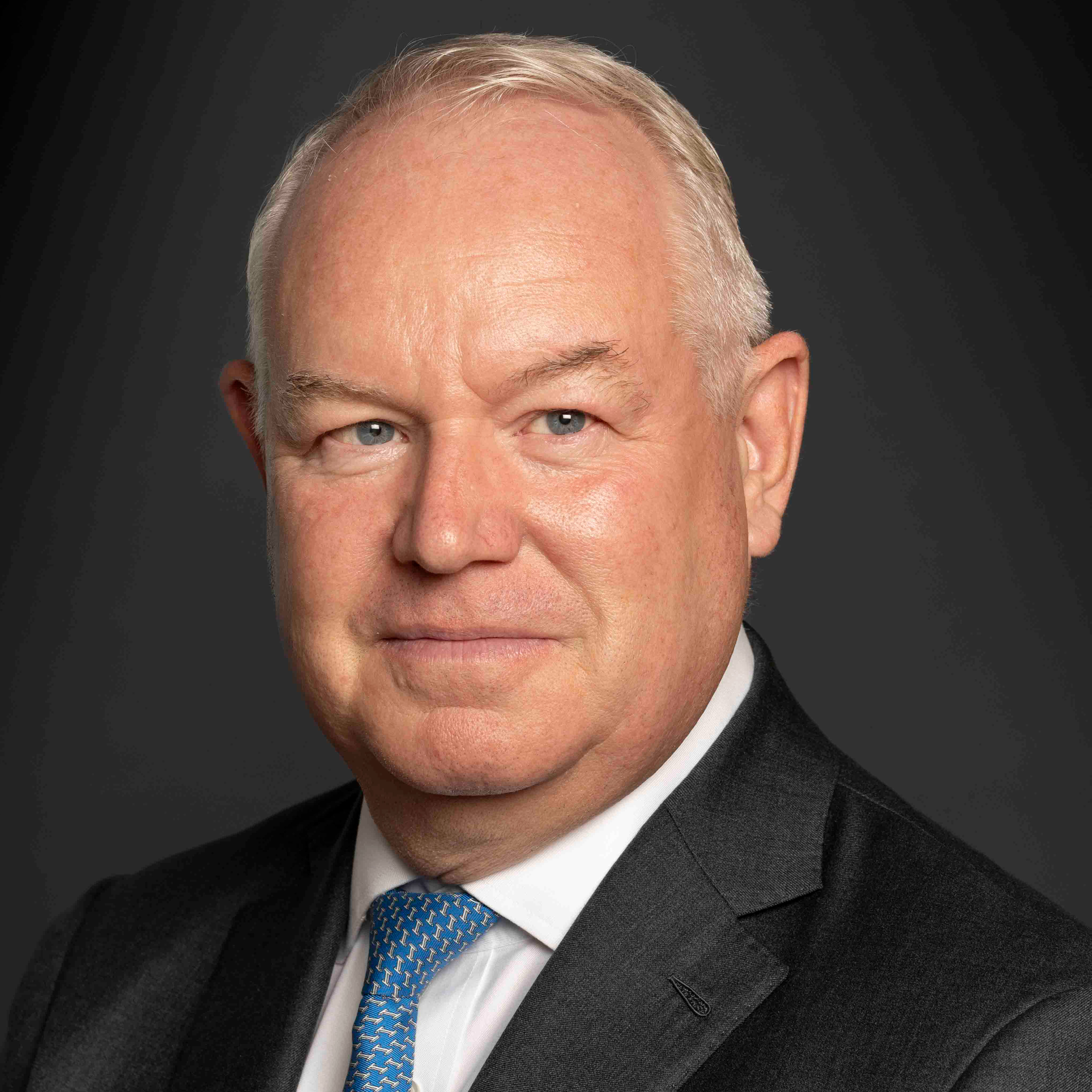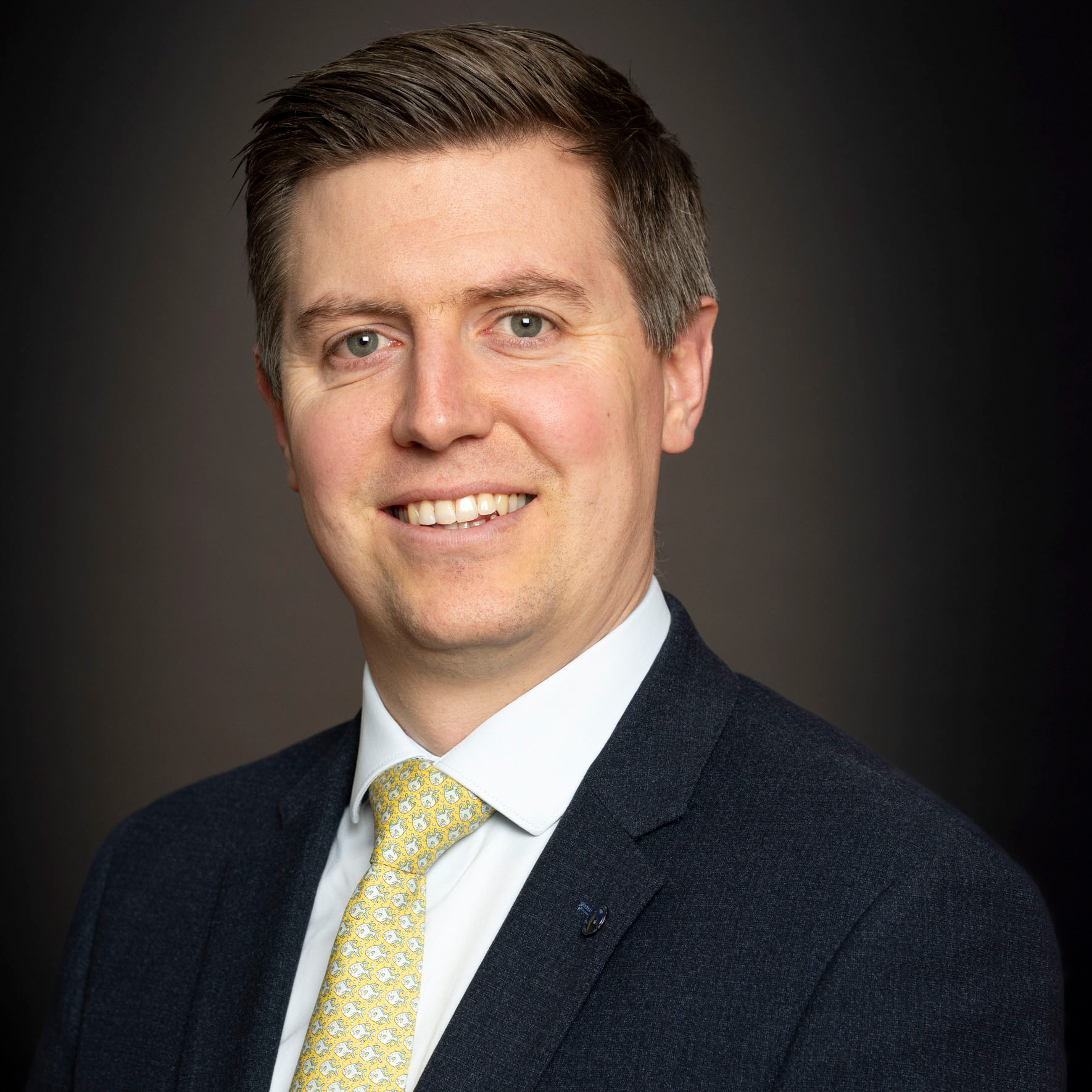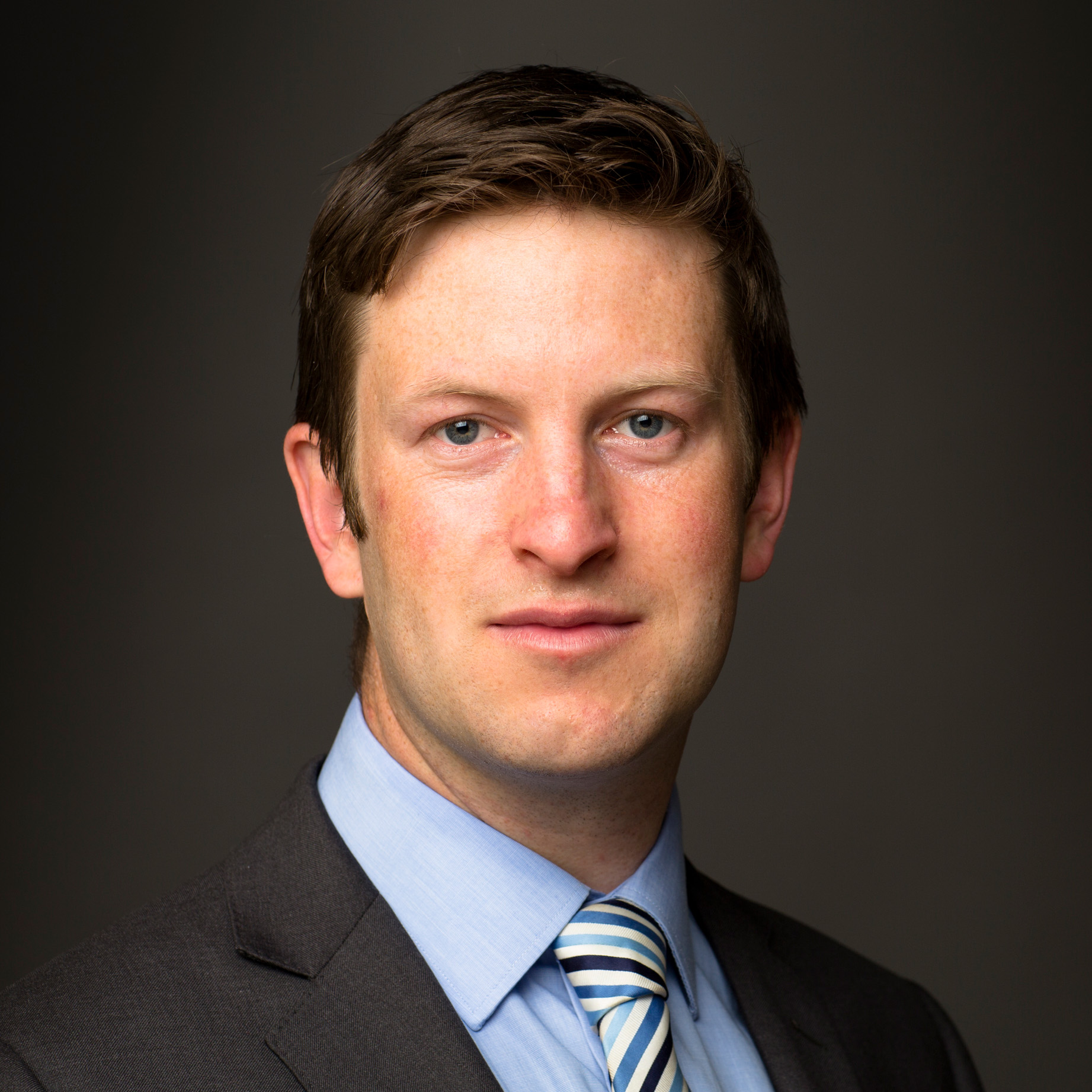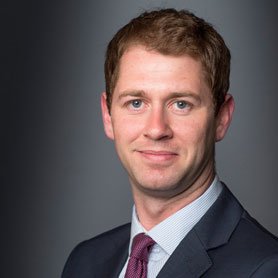Irish Product Liability and Safety Update - Warning about experts - November 2022
Experts Must Be Objective and Impartial
The Court of Appeal has emphasised that experts must give objective and impartial evidence, irrespective of their client’s interests.
In this case,1 the plaintiffs claimed to have suffered severe personal injuries as a result of exposure to chemicals in their home after the installation of spray foam insulation by the defendant. The defendant retained an expert toxicologist witness to give evidence.
The trial judge disallowed that expert’s evidence. He found that the expert acted as a partisan advocate who sought to denigrate the plaintiff’s evidence unfairly and ignored and downplayed the central importance of certain evidence in the case. The Court of Appeal upheld the judge’s decision to disallow the expert’s evidence.
Issues of concern in this case
The expert’s evidence was criticised for the following reasons:
- Giving an opinion on Irish law which was beyond his competence and inappropriate for a supposedly independent expert;
- Rather than relying on his own research or expertise, he relied on papers which were not independent peer reviewed scientific papers, but were commissioned by the industry and were not focussed on the topic at hand;
- Repeatedly seeking to downplay and effectively ignore the relevance of central pieces of evidence and failing to make relevant enquiries;
- Basing his report and evidence on the defendant’s version of crucial but disputed facts and avoiding a consideration of alternative scenarios of which he was aware;
- Refusing to withdraw unsupported accusations of deception and misrepresentation against the plaintiffs;
- Giving a medical opinion on an area clearly outside his competence for no obvious purpose other than to improperly attempt to undermine the plaintiffs’ case;
- Relying on regulatory documents to support his conclusions, but disavowing them where they were inconsistent with his evidence;
- Giving evidence, which was inconsistent with previous statements made by him in interview.
Special role of experts
Noonan J in the Court of Appeal said that expert witnesses’ evidence is often decisive in a case, particularly where there are complex scientific or medical issues. However, he noted that some of the most high-profile miscarriage of justice cases had arisen from serious failures by experts.
He said that the overriding duty of the expert was owed to the court and included the duty to provide an objective opinion. An essential component of the expert’s duty was to ascertain all relevant facts whether they supported their client’s case or not. An expert could not simply accept without question a client’s instructions and proceed to offer what must necessarily be a blinkered opinion. An expert should bring “an independent inquiring mind” to the task at hand.
Open mind
Where the facts were in dispute, the expert should make clear which version of events formed the basis for their opinion and the consequences for that opinion if an alternative version was accepted. The duty of impartiality and independence required the expert to remain open to alternative possibilities and if necessary, to change their mind when confronted with new information.
Duties of lawyers
Collins J discussed the responsibility of lawyers adducing expert evidence to ensure that expert evidence was confined to issues properly within the scope of the expert’s relevant expertise and, critically, that the witness fully understood and could comply with the duties of an expert witness. If not, the witness should not be proffered.
He pointed out that the consequences of calling an expert witness who was unable or unwilling to comply with their duties might not necessarily be limited to the exclusion of their evidence, but could also have adverse consequences in costs. He said that the Superior Courts had a broad jurisdiction to make costs orders against non-parties or to make wasted costs orders in certain circumstances.
Comment
The above case is an example of extreme failure by an expert to give his evidence properly. Most experienced experts are careful and also are conscious that their reputation could be harmed by being partisan in court. An expert’s position can be difficult however, as he or she is paid by the client to give evidence in support of the client’s case. The expert’s overriding duty to the court could oblige the expert during trial to give evidence that could be unhelpful to the client. For example, the expert in giving an answer might alert the court to an important point which other experts’ evidence had overlooked and which could weaken the expert’s client’s case. Happily, the issue rarely arises in practice but if it occurs, the expert is bound to comply with his duty to the court and to give the complete answer. In summary, the expert, like any other witness, must give the truth, the whole truth, and nothing but the truth.
McCann FitzGerald LLP ©
- Duffy v McGee [2022] IECA 254. The main judgment is by Noonan J with a concurring judgment by Collins J.
This document has been prepared by McCann FitzGerald LLP for general guidance only and should not be regarded as a substitute for professional advice. Such advice should always be taken before acting on any of the matters discussed.





Select how you would like to share using the options below